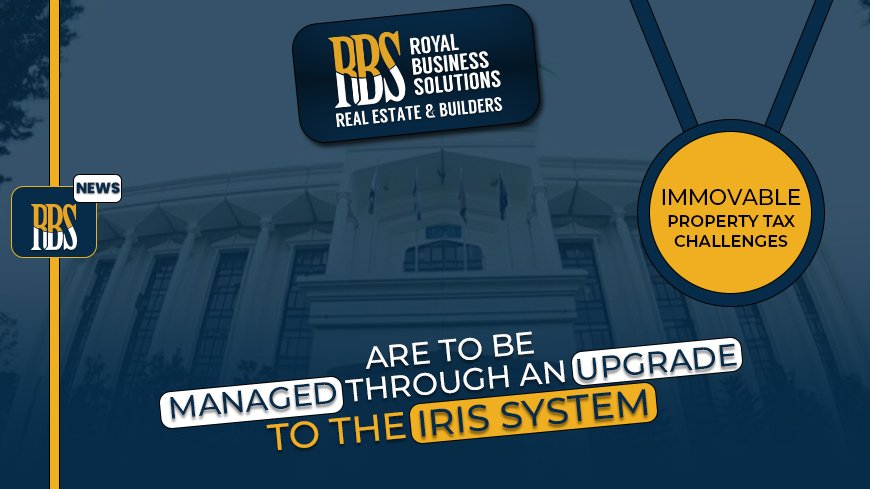- August 11, 2023
- Posted by: Muhammad Shehzad
- Category: RBS News

Immovable property tax challenges According to news sources on July 24 immovable property, Ashfaq Tola, the chairman of the Reforms and Resource Mobilization Commission of Pakistan (RRMC), has suggested that the Federal Board of Revenue (FBR) add an option to its “IRIS” system. For taxpayers to choose to address the tax on immovable properties under section 7E. This section of the Income Tax Ordinance, 2001 (ITO) is in the online declaration form.
Finance Act 2022
The Finance Act of 2022 established Section 7E of the Income Tax Ordinance, which imposes a 20% tax on the portion equal to 5% of the fair market value of immovable properties owned by residents with fair market values greater than PKR 25 million. As a result, numerous challenges were brought in the provincial High Courts. The Supreme Court of Pakistan has issued a stay order in their favor. However, it could be subject to their depositing 50% of the tax demand.
Read: FBR Shares Updates On The Sales Tax Act And The Federal Excise Act
Finance Act 2023
Recently, the Finance Act 2023 (Act 23) introduced an amendment, sub-section (2A) in Section 236C. It’s mandatory to provide evidence of payment of deemed income tax liability on any immovable property before its sale or transfer. However, the Act did not specify the rules and modes for payment, which were later addressed in Circular No. 01 of 2023-24, issued by the FBR on July 21, 2023.
FBR Facilitation
To facilitate the process, immovable property proposes that the FBR integrates the properties exempted. Under section 7E, the effect of the stay order in the taxpayers’ online tax particulars. This data can then be shared with the entity responsible for registering immovable properties. It enables more efficient compliance with section 236C (2A).
Read: LDA DG To Establish Clear Timelines For Ongoing Projects
Conclusion
Immovable property tax challenges are unpopular among tax instruments and hard to avoid. Given the stay order granted by the apex court, taxpayers upload a certified copy of the stay order for the applicable tax year in their online declaration. This step would create a digital database of taxpayers benefiting from the stay order.
